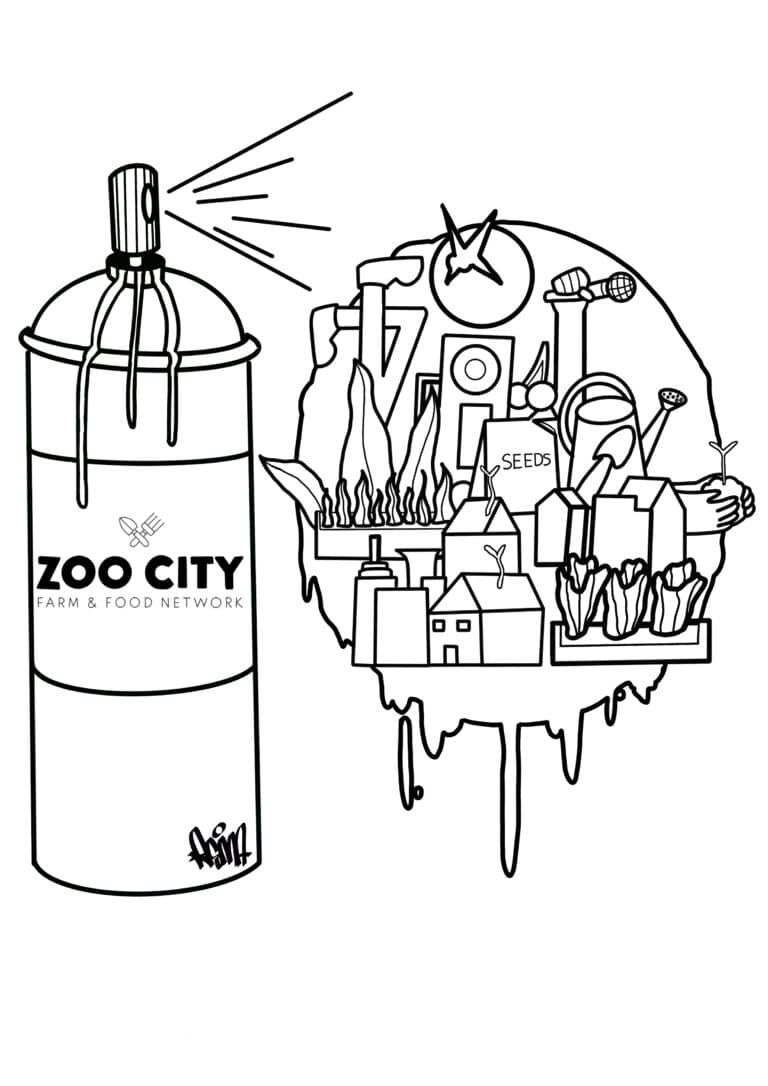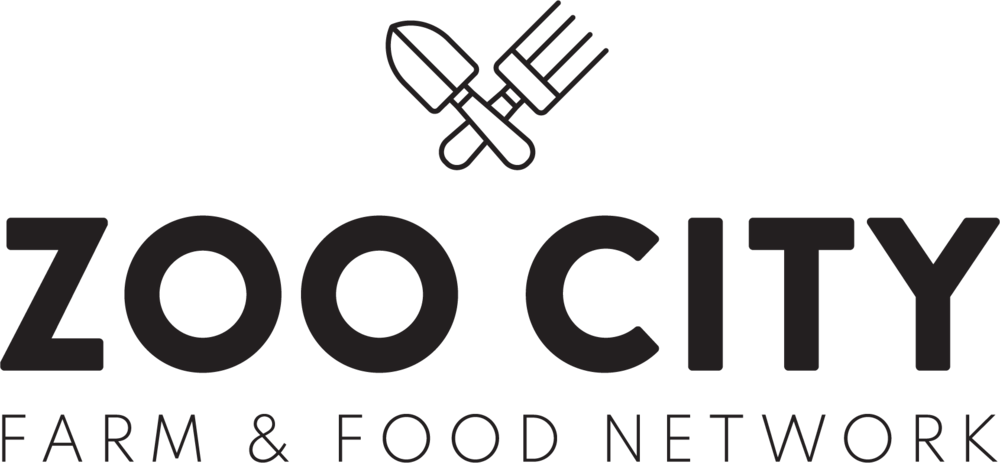The Disruption Continues
Neighborhood Centered Micro-Food Systems Design
Developing a framework for our participation in the local food system is essential. It compensates for being outcompeted for resources by Institutions that profess to leverage their capacity to serve all, but neglect to serve our interests as reflected in their statistical reporting of disparity in access, lack of diverse representation, performative outputs, and failed outcomes. We must do better and we can.
The Disruption Continues
Neighborhood Centered Micro-Food Systems Design
Developing a framework for our participation in the local food system is essential. It compensates for being outcompeted for resources by Institutions that profess to leverage their capacity to serve all, but neglect to serve our interests as reflected in their statistical reporting of disparity in access, lack of diverse representation, performative outputs, and failed outcomes.
We must do better, and we can!
Why do We Need to Disrupt the food system?
Black farmers make up 1.4% of the 3.4 million agricultural producers in the U.S. and we are underrepresented in every other aspect of the food industry ecosystem.
2017 Census of Agriculture, United States Department of Agriculture (April 2019)
This is a risk to the sustainability of the food shed for all.
Re-Imagined culture and community specific strategies for full representation and engagement.
When we all participate, we are all accounted for.
Our system works!
The Food industry ecosystem
Farmers prepare soil, plant, and tend crops on small farms growing a variety of crops.
Large Farms have workers gather ripened crops and then transport by air, truck, train, ship, or barge to be processed and packaged.
Food processors use equipment to chop, dry, can, or freeze food to alter it from its natural state and preserve it for convenience.
Production differs from processing in that production companies buy processed materials to use as ingredients in their products.
Wholesalers distribute large quantities of food to retailers. Retailers sell to customers who buy, prepare, and eat the food.
Discarded leftover food and packaging is mostly recyclable or compostable, But much of it ends up in landfills.
Being an active stakeholder in a fully representative system leads to sovereignty.
sovereignty is power.
we need food sovereignty.
Food Security
Food Justice
Food Sovereignty
zoo city’S Pathways to food SoverEignty
A FRAMEWORK AND STRATEGIC VISION FOR COMMUNITY-LED REGENERATIVE DEVELOPMENT.
Zoo City is a local food policy council and industry association. We are a network that aims to connect consumers to cottage food businesses, folk artisans, and local farmers and producers that are too often underrepresented in the agricultural industry. Zoo City empowers individuals to make their own decisions about what food they eat, where it comes from, and how it’s produced. We believe it is a human right to have locally sourced, sustainably produced, culturally appropriate and democratically controlled food systems.

Advocacy
FARM STOP AND PROCESSING CENTER
Farmers Markets
Community DESIGN STUDIO &
Micro market East-Kerrytown
Education
NEIGHBORHOOD FARM SITES AND GREEN SPACE CONSERVATION
Ethical Coalition Building Now.
Working with institutions with the readiness to commit to developing and integrating collaborative infrastructure.
YOU CAN'T DESIGN AN EQUITABLE FOOD SYSTEM
ON BEHALF OF SOMEONE ELSE...
Zoo City’s data informed approach to food sovereignty and advocacy opens up pathways that make healthy food systems more accessible to more people. Our organization is not in this endeavor alone as our direct network of local producers, and cottage food businesses align to meet shared goals while working with institutional partners to normalize structural and programmatic shifts that have direct and immediate impact in neighborhoods.
Existing Construct
integration of culture and community specific sovereignty models
fully representative multicultural institutions
Zoo City is your local food policy council.
As a Black woman led, organized and established entity we embody our commitment to reflect the interests of the underrepresented across all sectors of the food industry ecosystem for the comprehensive benefit of all!
"Strong people don’t need strong leaders."
-Ella Baker
